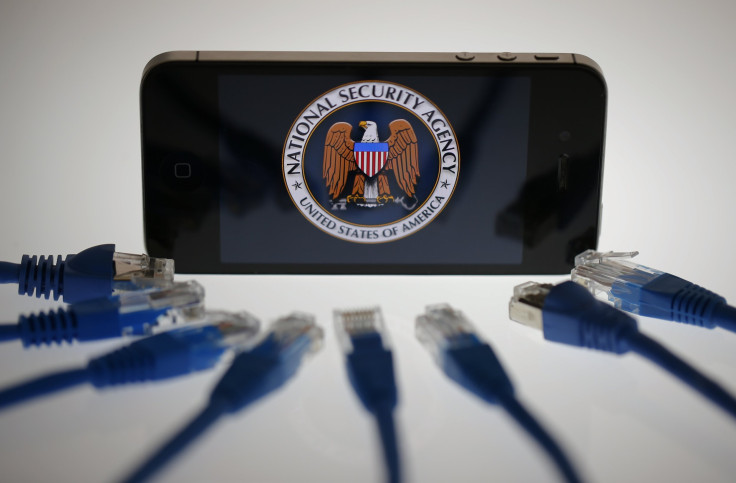NSA FISA Surveillance: The Secret FISA Court Doesn't Want To Take Your Case

Privacy and transparency advocates won a victory over last week in the ongoing quest for records related to the government’s secret surveillance activities -- but the court ruling contained a strange analysis that could impede ordinary citizens from seeking government records in similar cases going forward.
On Friday, the American Civil Liberties Union won a Freedom of Information Act lawsuit that will force the White House to release additional secret Foreign Intelligence Surveillance Court (FISC) rulings pertaining to the bulk collection of Americans’ phone call records. While the decision was a big win for the ACLU, the opinion, handed down by the FISC itself, also took steps that could potentially limit individual citizens’ ability succeed in similar suits. In other words, just because the ACLU won this time, the FISC is may not be so kind in future cases.
This possible hurdle comes from a lengthy portion of the ruling on the question of “standing," or the ability to sue. Federal judge F. Dennis Saylor’s opinion ultimately found that the ACLU did have standing, but that their co-petitioner in the case, the Media Freedom and Information Access Clinic (MFIAC), did not. Saylor's reason was that the ACLU has a record of working on issues related to section 215 of the USA Patriot Act -- the statute at issue in the bulk phone collection program -- whereas MFIAC did not.
Standing is meant to insure that the party in a case has skin in the game such that the case could end or prevent an injury. Unexpectedly, Judge Saylor took the time to find that merely being a citizen implicated in surveillance practices along with every other American is not enough of an injury to qualify for standing. Instead, in order to get standing in the case, Saylor wrote that the injury must be “concrete and particularized,” meaning it must affect he claimant “in a personal and individual way.” Neither the ACLU nor MFIAC expected that standing would be an issue in this case, so neither party addressed it in their court filings. But because Saylor wanted to address the issue, he went on his own fact-finding mission by examining the two group’s public activities. Saylor found that the ACLU, given its history and mission, qualified, while MFIAC did not.
Though the standing question ultimately didn’t affect this case, and is unlikely to affect a group like the ACLU with a track record of involvement in these issues, the fact that Saylor decided to address the issue in some depth could have implications for future cases.
“We were a little perplexed by the way this opinion was written also, given all the time the judge spent on standing and the fact that neither party raised it,” said Patrick Toomey, a fellow with the ACLU’s National Security Project, adding that it was puzzling that MFIAC, which litigates issues around access to information, was denied standing.
Contrary to Saylor's conclusions on standing, Toomey said, “we believe that the First Amendment interest is significantly broader than the court kind of described, that you shouldn’t have to, as a member of the public, have to have a long and established track record of an interest in the government’s surveillance authorities to have a right to see these opinions."
It’s unclear what kind of an impact Saylor’s decision could have for future such cases seeking the release of information, but the implication is that an individual who, for example, only learned that their phone records were being collected a few months ago and, worried about it, wanted to understand the basis of the government’s authority to collect his or her records, would not have the longstanding interest or history of work on the issue to have standing.
There are areas in which, being a general member of the public does not qualify a person to sue. For example, courts have found that an individual cannot challenge a government program simply because they are a taxpayer helping to fund it. It’s unclear whether Saylor meant to create another area in which being a member of the public is not adequate to sue -- or in this case, assert a First Amendment interest in viewing secret opinions on how the government is interpreting the law.
“The FISC, I think, doesn’t want to be in a position where it’s fielding requests from the public at every turn, so maybe that’s part of the strategy behind the type of opinion that’s issued,” said Toomey, venturing a guess as to Saylor’s motivation. “Sometimes it takes a while, years even, for these things to play out, understand their significance.”
© Copyright IBTimes 2024. All rights reserved.












